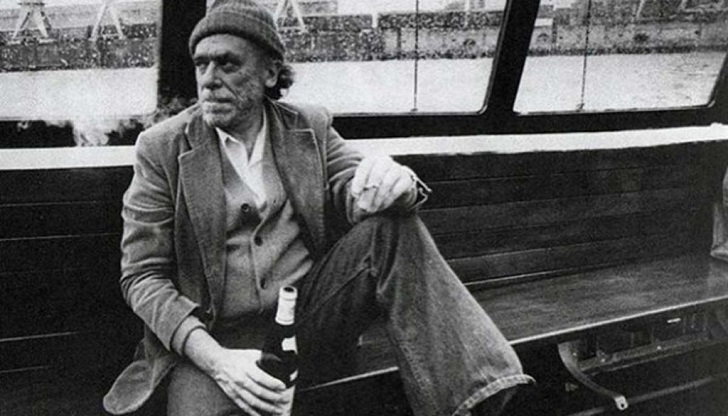Charles Bukowski (1920–1994) is hailed as an underground author whose writings did not receive much notice from the general public or academic circles until well after his passing. He had numerous small, independent newspapers, periodicals, and journals print his work. His writing gave the "lowlife," the underprivileged, the vulgar, and the profane a voice in urban society.
His writings focus on those who frequently exist on the periphery of society, including drug users, sex workers, the homeless, and the poor. With a rough and direct style, he wrote about forbidden and contentious topics, including intimacy, promiscuity, and gambling. In his case, he frequently wrote about his interactions with strangers, drinking, and the brutality of his boyhood, all of which fostered his sense of otherness.
Work and literary recognition

Jonathan/ Medium | Charles Bukowski was a prolific underground writer
Beginning in the early 1940s and continuing until the early 1990s, Bukowski produced a significant amount of work in small literary periodicals and with small presses. Over the course of his career, he published more than sixty books and produced tens of thousands of poems, hundreds of short stories, and six novels.
His Poems Written Before Jumping Out of an 8 Story Window, published by his friend and fellow poet Charles Potts, is one of these pieces, as are other, more well-known ones like Burning in Water, Drowning in Flame. Later, John Martin's Black Sparrow Press reissued this poetry and stories as collected volumes of his writing.

GETTY IMAGES/ Forbes | He became well known among readers of little magazines and published a series of chapbooks and limited editions
In the ensuing decades, one reviewer noted that Bukowski "continued to be, thanks to his antics and deliberate clownish performances, the king of the underground and the epitome of the littles, stressing his loyalty to those small press editors who had first championed his work and consolidating his presence in new ventures such as the New York Quarterly, Chiron Review, or Slipstream."
Time referred to Bukowski as the "laureate of American lowlife" in 1986. The key to Bukowski's attraction, according to Adam Kirsch of The New Yorker, "is that he mixes the confessional poet's promise of intimacy with the larger-than-life flair of a pulp-fiction hero."
Bukowski was not well-liked by academic critics in the USA during his lifetime but was more popular in Europe, particularly the U.K., and Germany, where he was born. Bukowski has been the focus of numerous critical essays and books about his life and writings since his passing in March 1994.
Death and legacy

GETTY IMAGES/ Forbes | In 1959, he came up with his inaugural book of poetry, 'Flower, Fist, and Bestial Wail
Charles Bukowski produced around 4690 distinct pieces of writing in total, including poetry, short tales, and novels. Bukowski started having a number of medical concerns in May 1992. Later on, leukemia, a type of cancer, was identified in him. Despite receiving treatment and going into remission, the final prognosis was that he only had one year to live. He carried on writing, concentrating on the themes of aging and passing away.
On March 9, 1994, Charles Bukowski passed away. Age-wise, he was 73. Many of his final poems, which were included in Betting on the Muse (1996), were about the days he had left before passing away. His publications, such as the aforementioned poetry collection, have been released posthumously.





